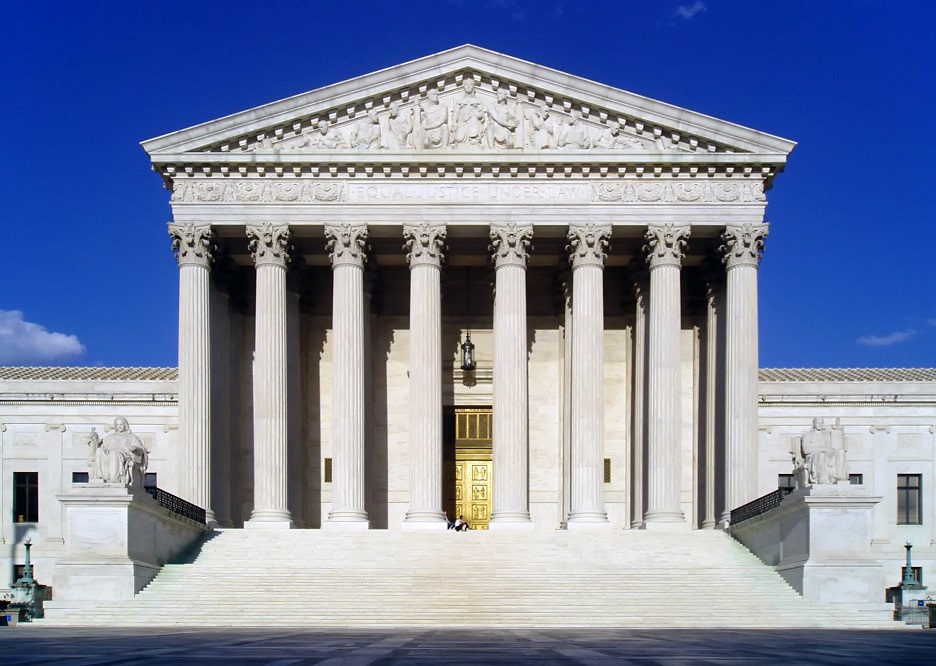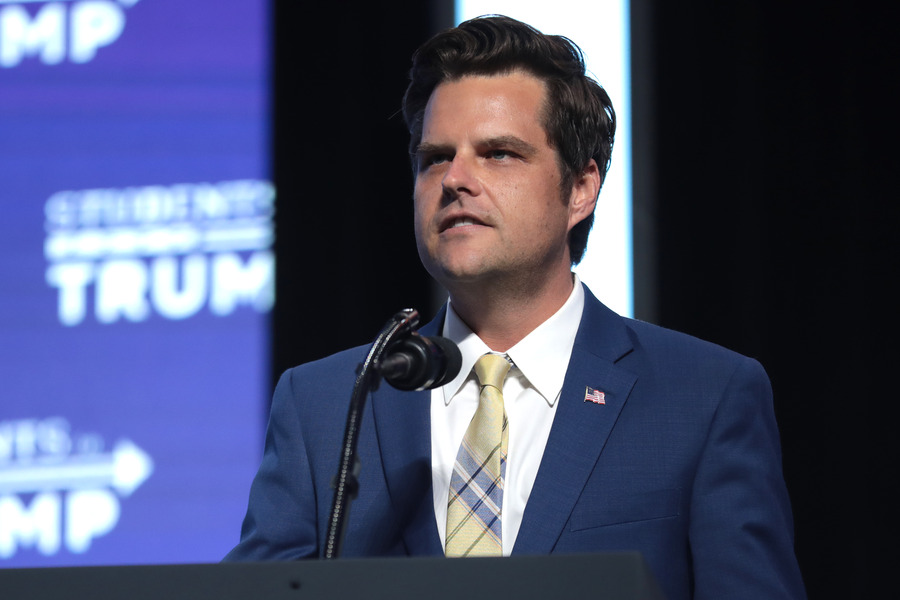Full Supreme Court Stays Ninth Circuit Order on Refugee Assurances
On Tuesday, the full Supreme Court ordered a stay of part of the Ninth Circuit’s order from last week regarding President Trump’s revised order related to refugees, Executive Order 13780 (EO). The full Court adhered to Monday’s order by Justice Anthony Kennedy, the circuit justice for the Ninth Circuit, that refugees with assurances of sponsorship remained subject to the revised EO.

Published by The Lawfare Institute
in Cooperation With

On Tuesday, the full Supreme Court ordered a stay of part of the Ninth Circuit’s order from last week regarding President Trump’s revised order related to refugees, Executive Order 13780 (EO). The full Court adhered to Monday’s order by Justice Anthony Kennedy, the circuit justice for the Ninth Circuit, that refugees with assurances of sponsorship remained subject to the revised EO. EO challenger Hawaii’s response to the government’s stay application failed–at least for now–to persuade the full Court that the Ninth Circuit was correct in holding that sponsored refugees possessed a “bona fide relationship” with a U.S. person or entity. The Court had established this test in its June stay order to balance the equities between the government, the EO’s challengers, and the public interest.
As one savvy Court-watcher opined yesterday, the full Court’s order on Tuesday increases the likelihood that the pause in admission of sponsored refugees under the EO will continue until the Court’s ruling on the merits after argument on October 10. The Court may view the subjection of sponsored refugees to the revised EO as balancing out the protection that the Court gave to refugees and others who have U.S. resident relatives, ranging from spouses, children, parents, siblings, grandparents, and in-laws to aunts, uncles, nieces, nephews, and cousins. If that surmise is correct, Tuesday’s order may allow both the government and the EO’s challengers to claim at least a partial victory. And a limited win may be all either party gets if the Court decides that the case is moot as of October, when all of the EO’s provisions will have expired.


.jpg?sfvrsn=d5e57b75_5)

